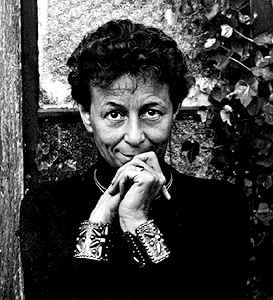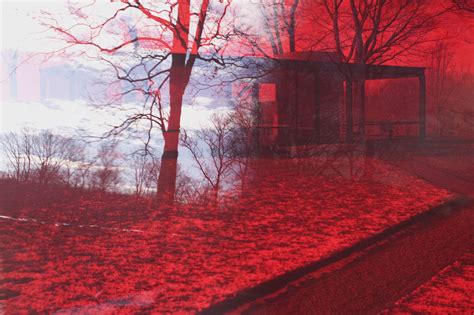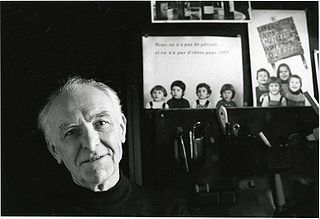A Quote by Arthur Tress
The photographic image has great possibilities. The magical photograph attempts to go beyond the immediate context of the recorded experience into the realm of the indefinable. The photographer as magician is acutely aware of the multiplicity of associations submerged in the appearance of the objective world.
Related Quotes
I don't particularly care about photographic authorship. Whether an astronaut who doesn't even have a viewfinder makes an image, a robotic camera, a military photographer, or Mike Light really doesn't matter. What matters is the context of the final photograph and the meaning it generates within that context.
For me, the creation of a photograph is experienced as a heightened emotional response, most akin to poetry and music, each image the culmination of a compelling impulse I cannot deny. Whether working with a human figure or a still life, I am deeply aware of my spiritual connection with it. In my life, as in my work, I am motivated by a great yearning for balance and harmony beyond the realm of human experience, reaching for the essence of oneness with the Universe.
A photograph records both the thing in front of the camera and the conditions of its making... A photograph is also a document of the state of mind of the photographer. And if you were to extend the idea of the set-up photograph beyond just physically setting up the picture, I would argue that the photographer wills the picture into being.
Any photograph has multiple meanings: indeed, to see something in the form of a photograph is to encounter a potential object of fascination. The ultimate wisdom of the photographic image is to say: “There is the surface. Now think – or rather feel, intuit – what is beyond it, what the reality must be like if it looks this way.’ Photographs, which cannot themselves explain anything, are inexhaustible invitations to deduction, speculation, and fantasy
The only times we are consciously aware of the authorship of a photograph, I would argue, are when we contemplate the photographs we ourselves have taken (or those of friends and family) or when we go deliberately to the photographers monograph or exhibition. The signed image - the appropriated, the owned image - is by far the rarest in this pullulating world of pictures.
The way in which the photograph records experience is also different from the way of language. Language makes sense only when it is presented as a sequence of propositions. Meaning is distorted when a word or sentence is, as we say, taken out of context; when a reader or listener is deprived of what was said before, and after. But there is no such thing as a photograph taken out of context, for a photograph does not require one. In fact, the point of photography is to isolate images from context, so as to make them visible in a different way.
You've got to struggle against the pollution of intelligence in order to become an animal with very sharp instincts - a sort of intuitive medium - so that to photograph becomes a magical act, and slowly other more suggestive images begin to appear behind the visible image, for which the photographer cannot be held responsible.
... what is faked [by the computerization of image-making], of course, is not reality, but photographic reality, reality as seen by the camera lens. In other words, what computer graphics have (almost) achieved is not realism, but rather only photorealism - the ability to fake not our perceptual and bodily experience of reality but only its photographic image.
I find it strangely beautiful that the camera with its inherent clarity of object and detail can produce images that in spite of themselves offer possibilities to be more than they are a photograph of nothing very important at all, nothing but an intuition, a response, a twitch from the photographer’s experience.



































